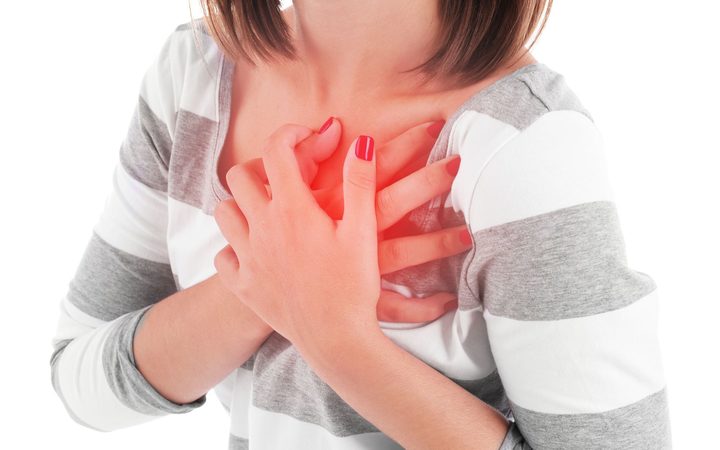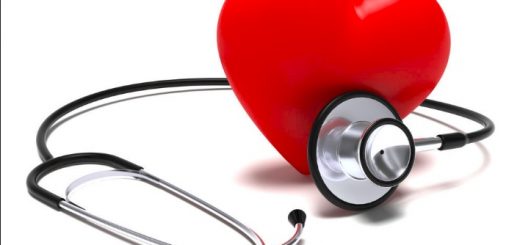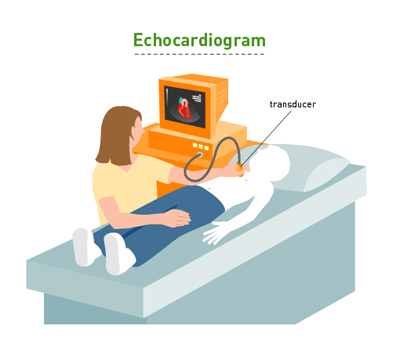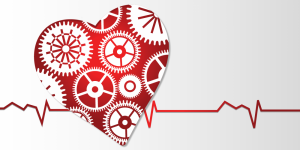Woman-only heart disease risks
If you’re a woman, your chances of developing- and dying from – heart disease is the same as a man’s. Yet research shows you may be less likely to get a prompt diagnosis or aggressive treatment. One reason may be the lack of knowledge about heart disease risk factors that only affect women.
If you’re a woman, one important difference surrounds your unique risks for heart disease. It confirms that risk factors like depression, marital stress and anxiety can put women at greater risk for heart attacks and heart disease than men,” said cardiologist Dr Melissa Daubert, MD.
Some studies have shown that if you have a history of pregnancy complications such as gestational diabetes or pre-eclampsia, or if you had your first menstrual period by age 10, you may be at increased risk for heart disease. “There’s also some evidence that women with PMS are more likely to get high blood pressure, and women who have high blood pressure at a young age are more likely to develop heart disease,” said Pamela Douglas, MD.
It’s important to know what risk factors for heart disease you may have and how to control them to lower your risk. The most widely known risk factors are high blood pressure, high cholesterol, type 2 diabetes, smoking, obesity and lack of physical activity.
This is true even if you’re relatively young. “Younger women today tend to have more risk factors than younger women of previous generations did,” said Daubert. “So they should always be checked for high blood pressure, high cholesterol and diabetes, especially if they have a family history of heart disease or are overweight.”
A significant percentage of women with heart attacks have symptoms that aren’t thought of as typical. “Women may have chest pain that’s sharp or stabbing instead of a feeling of pressure,” said Daubert. “Women having heart attacks may have jaw, neck or arm pain. Or they may not have pain but instead have nausea, vomiting, sweating or a sense of impending doom. Those are just as important, but women sometimes don’t associate them with heart attack. Or they’re concerned that if they describe those symptoms, they may be seen as having anxiety.”







Recent Comments